The last two articles were an overview of leaky gut syndrome (LGS), symptoms and causes. Today we will wrap it up with diagnostic tests to find out if you have LGS and followed with some treatment options to start nthe healing process.
First I need to correct myself from the last article, the Hippocrates quote about “all disease begins in the gut” was from around 460BC, not the 700’s that was listed. Either way, it was a really good quote from a long time ago and I apologize for the misinformation.
How can we tell if we have a leaky gut? There are several ways, first is a test called the Mannitol/Lactulose test. Both mannitol and lactulose are sugars but they are different sized molecules with lactulose being significantly larger than mannitol. When taken orally, mannitol is easily absorbed through the intestinal walls and excreted in the urine, which can be easily measured. Lactulose, in a healthy gut, is not absorbed that well but in LGS it is absorbed and excreted in the urine just like the mannitol. The ratio of lactulose to mannitol can be calculated and can give you a fairly good idea of whether you have LGS or not.
The second test is by a company called Cyrex Labs, it is the Array 2 test which looks at levels of antibodies that can develop against certain things that should be only in the gut. In LGS we can develop antibodies to Actomyocin, Occludin/Zonulin and Lipopolysaccharides. If these are present in our blood, which is where they shouldn’t be, our body develops a defense against them, in the form of antibodies, to protect our bodies. This test requires a blood draw. As technology changes, more testing options should become available.
If your test comes back positive, what do you do now? The first thing would be to change your diet. The standard American diet consisting of high fat, high carbohydrates and sugar can increase your risk of LGS. I recommend the modified elimination diet, which takes out the most allergenic foods out of the diet. This is not a cure on its own, but will help in the healing process.
Macronutrients such as omega 3 fatty acids and prebiotic/fermentable fibers are helpful in closing the tight junctions.
Micronutrients such as Vitamin A and D have data to support the healing of tight junctions so optimizing those levels can be helpful. Deficiencies in iron and zinc are known to increase gastrointestinal infections and intestinal permeability in undernourished children.
Glutamine and amino acids, which can be obtained in amino acid supplements and whey protein, are the building blocks to cellular health especially in the gut. Phytonutrients and flavonoids found in plant sources have anti-oxidants, which decrease free radicals and help with inflammation. Berberine has antimicrobial activity in the gut, is believed to be helpful not only for irritable bowel syndrome but also for LGS. Probiotics have been studied and show benefits as well.
Lastly is the use of Colostrum, something I have written about in a previous article. The data shows mixed results when used after exercise for LGS, but more studies show benefit than not.
In conclusion, LGS should not be overlooked when dealing with symptoms that are not being resolved by conventional treatments. Good diagnostic tools are available to determine if you have a leaky gut and can be utilized by your practitioner. Once diagnosed, treatment options will require lifestyle modifications, the use of macro- and micro-nutrients,herbal products, phytonutrients, probiotics and colostrum, to help in the healing process.
VISIT US
HOURS
HOURS
CONTACT US
Fax #: (701) 483-4926


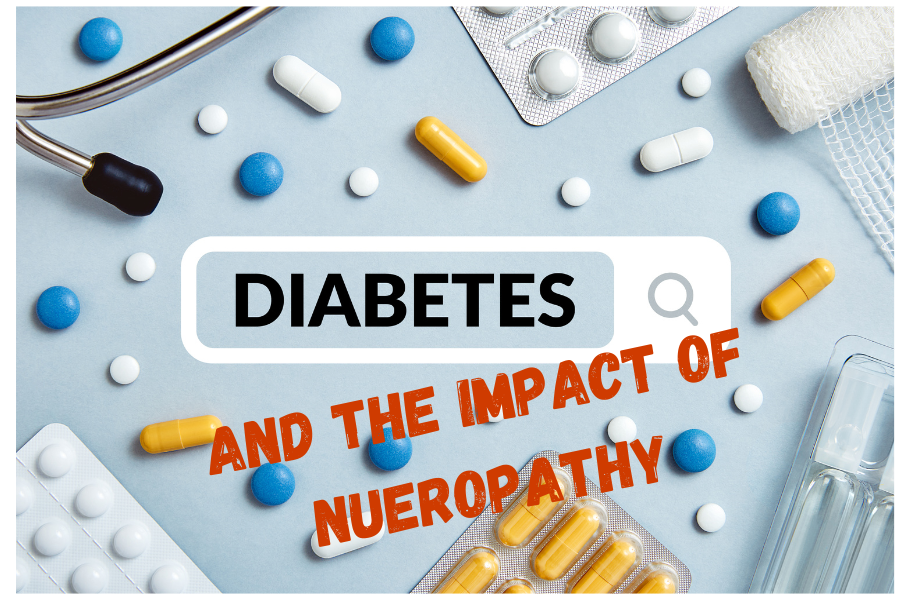

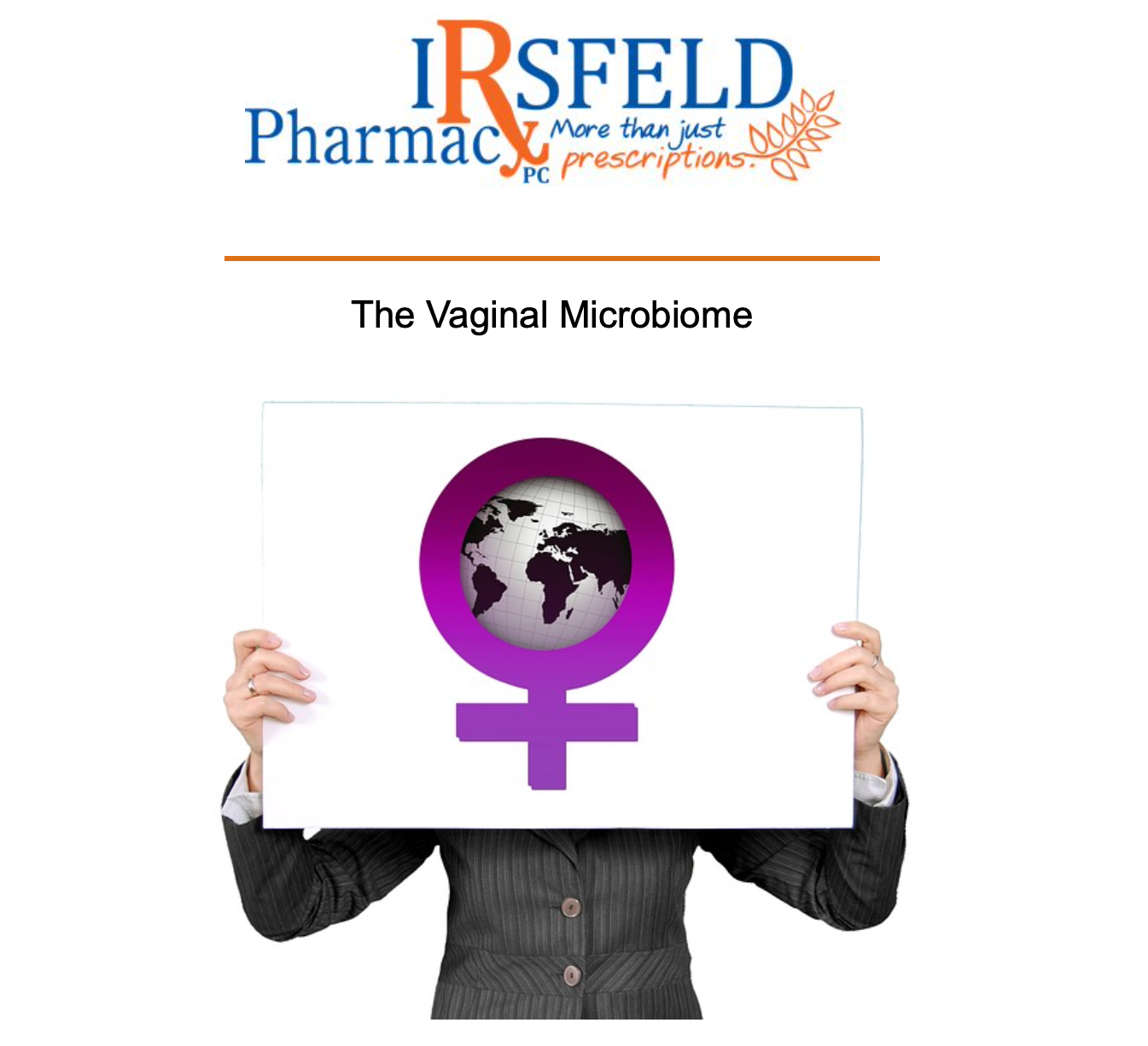
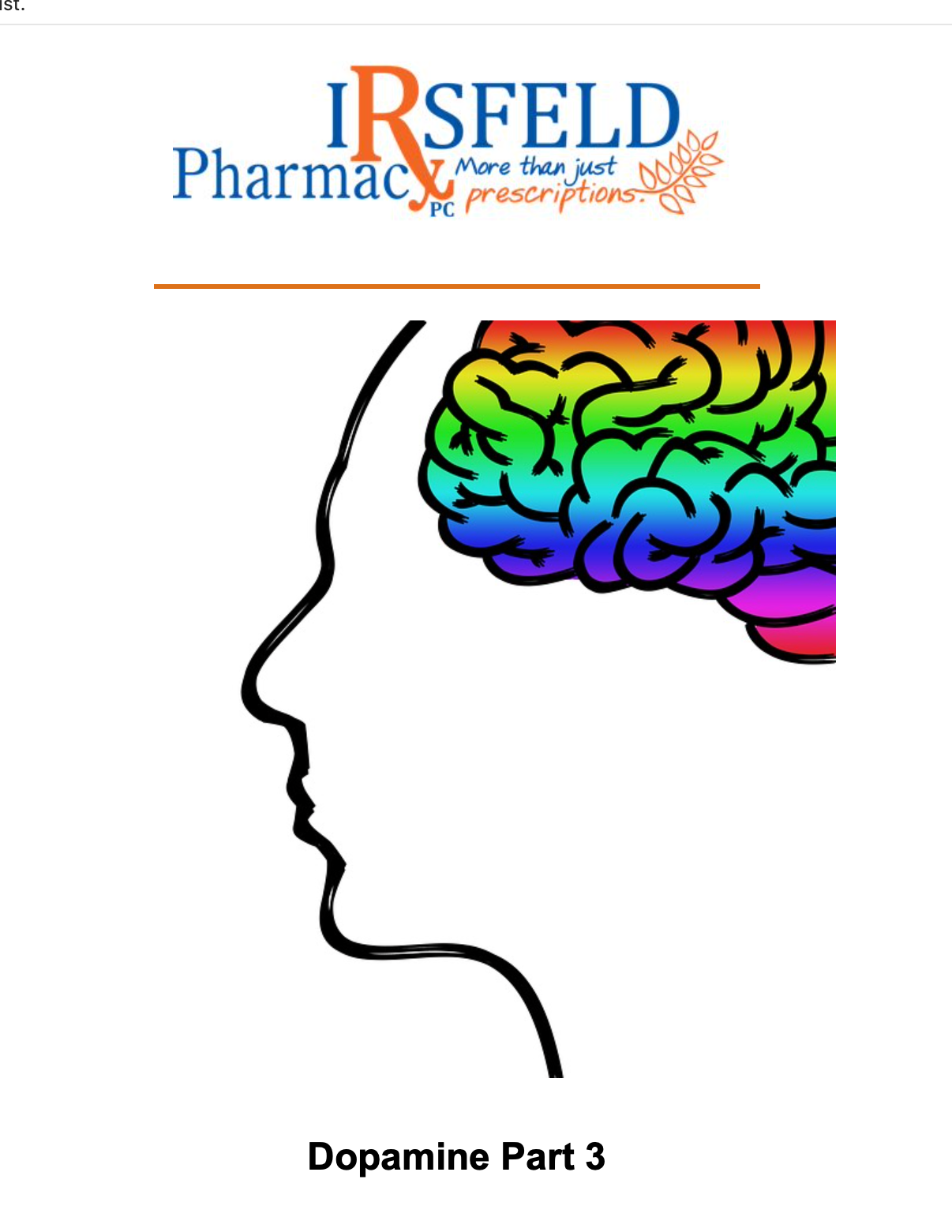
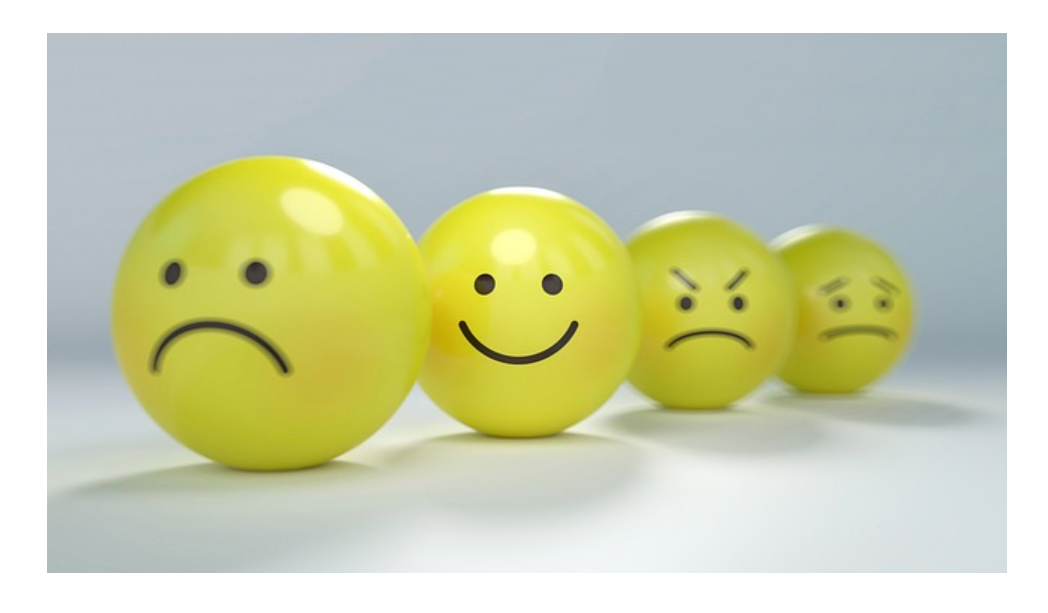
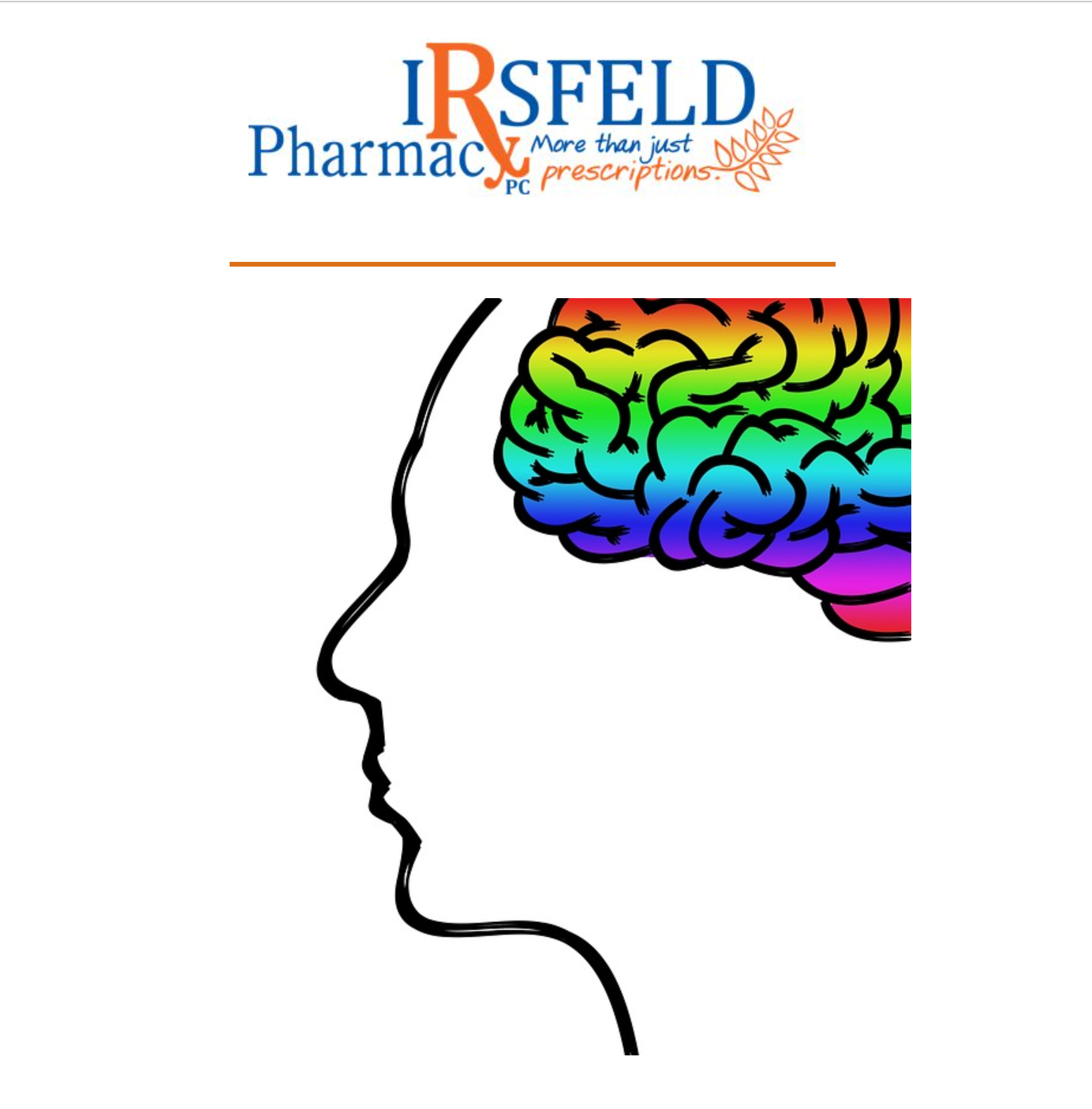
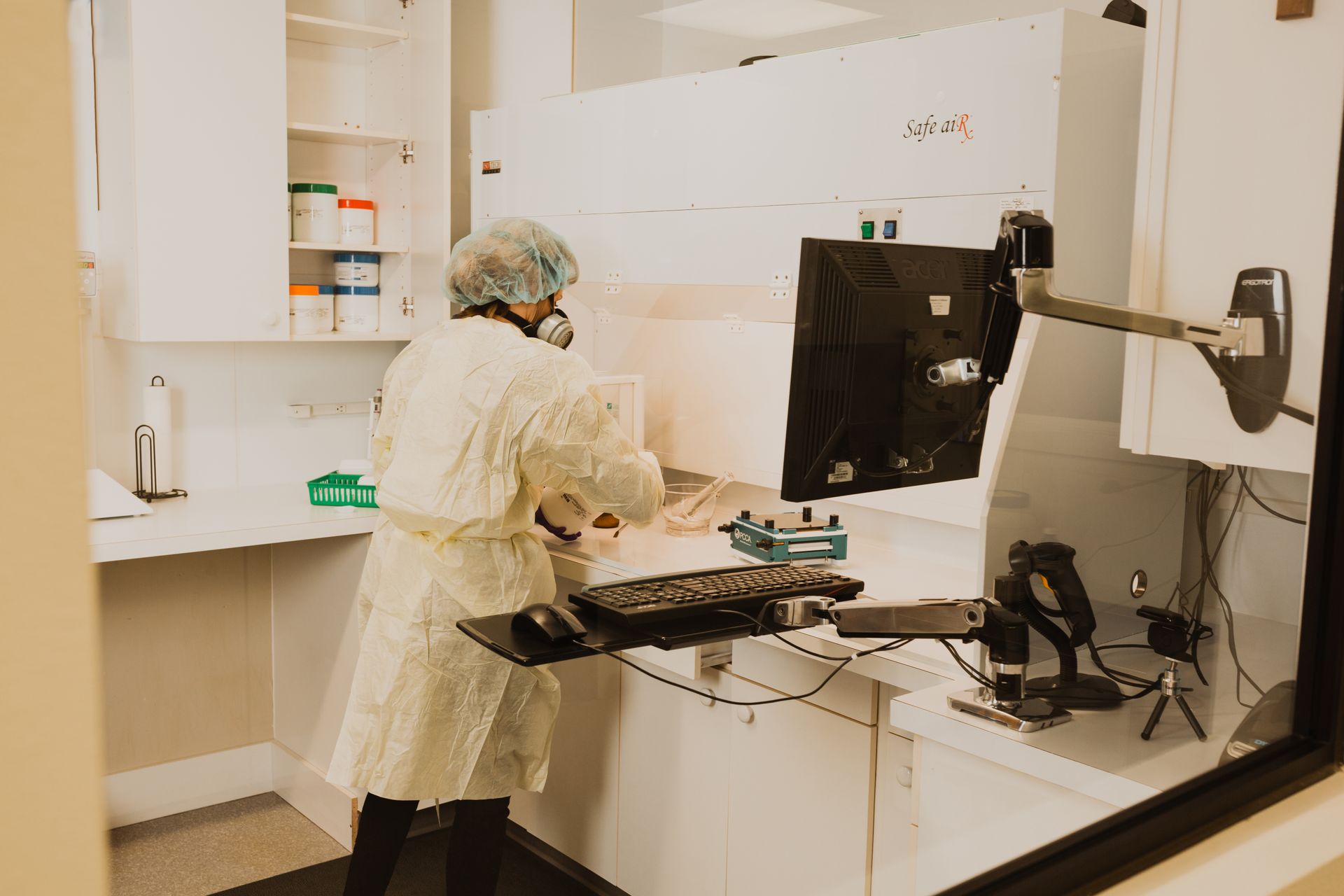


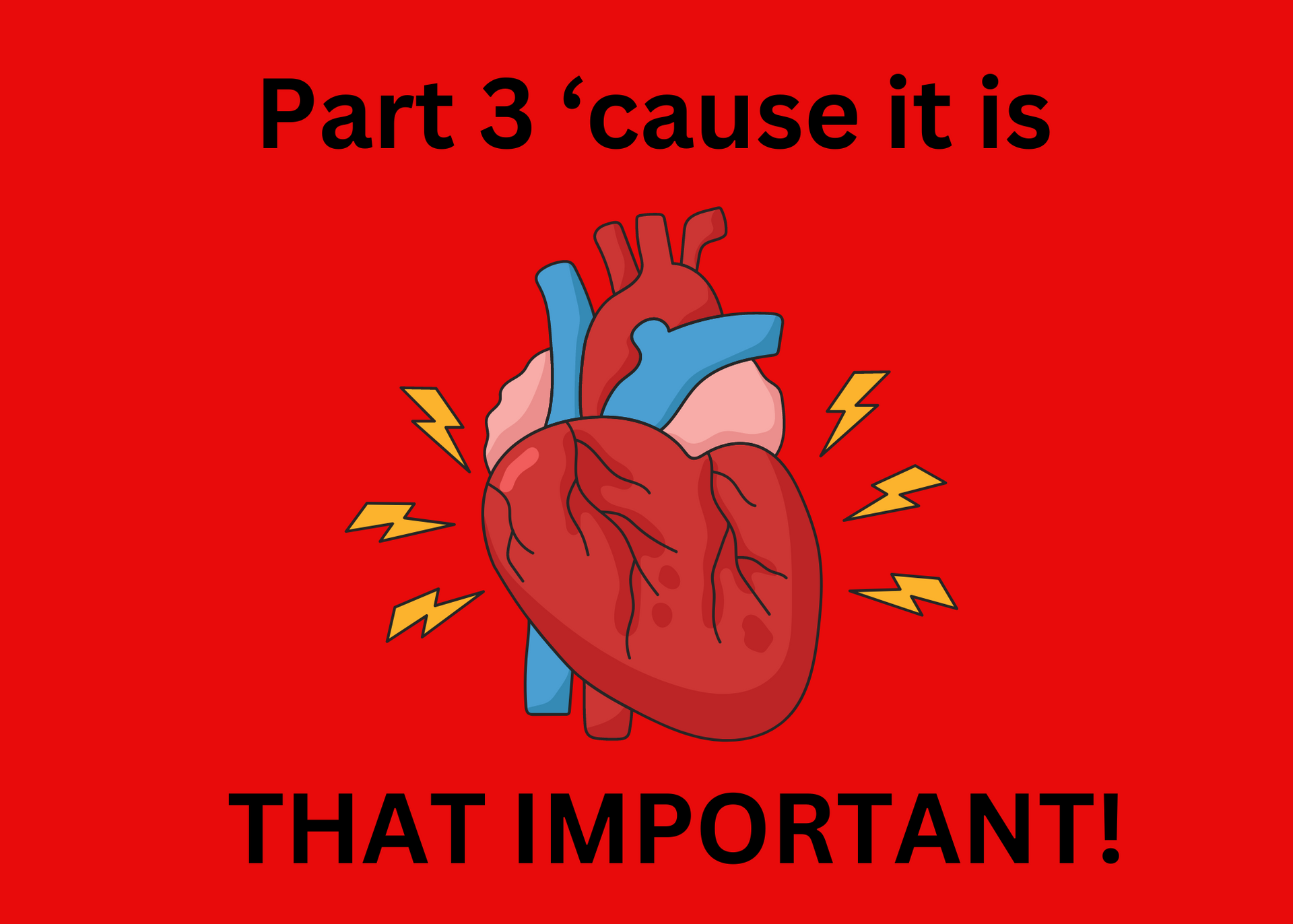
Share On: